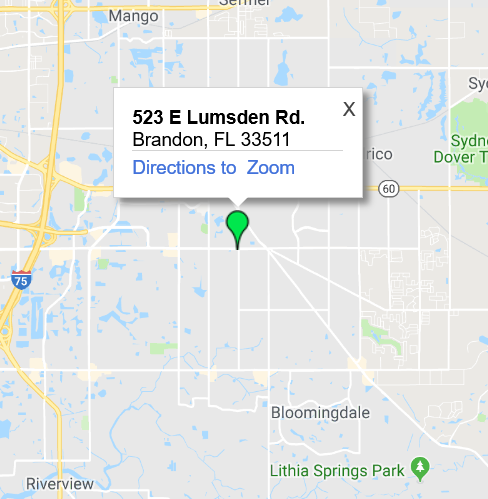Fair Labor Standard Act Proposed Changes-will it affect your company?
Update 7/30/17: Stay tuned – still no final ruling on this issue. The U.S. Department of Labor published a Request for Information for the overtime rule on Wednesday, July 26, 2017. The RFI is an opportunity for the public to provide information that will aid the department in formulating a proposal to revise these regulations which define and delimit exemptions from the Fair Labor Standards Act’s minimum wage and overtime requirements for certain employees. The RFI period lasts 60 days so a ruling may not come in 2017.
2/1/16: For my clients, deciding if a salary employee should be exempt or nonexempt from overtime is one of the most challenging questions for their Human Resources departments because the rules currently can be subjective. The proposed regulations will hopefully provide more guidance on this determination.
On June 30, 2015, the United States Department of Labor (DOL) released proposed regulations that would modify certain provisions of the Fair Labor Standards Act (FLSA). Specifically, the proposed regulations increase the minimum salary required to be earned by an employee in order for that employee to be exempt from the FLSA overtime requirements.The U.S. Labor Department is looking to a Spring 2016 date for publishing the “Final Rule” revising the regulations defining the federal Fair Labor Standards Act’s Section 13(a)(1) exemptions. If the “Final Rule” were to be published on April 1, 2016, and if its effective date was set for 60 days later, then employers would have until May 31, 2016 to comply with the new regulations. In any case, the effective date will be sometime in 2016. This will impact employers of manager level “white collar” employees such as administrative assistants, convenience store or other retail supervisors and fast food assistant supervisors among others.
The biggest impact of this proposal is to higher the threshold for exemption from overtime compensation from $23,660 earners to $47,840 earners. The Department is also proposing to automatically update the standard salary and HCE total annual compensation requirements to ensure that they remain meaningful tests for distinguishing between bona fide executive, administrative, and professional workers who are not entitled to overtime and overtime-protected white collar workers. Experience has shown that the salary level test is an effective measure of exempt status only if it is up to date. Stay tuned for the “Final Ruling.”

